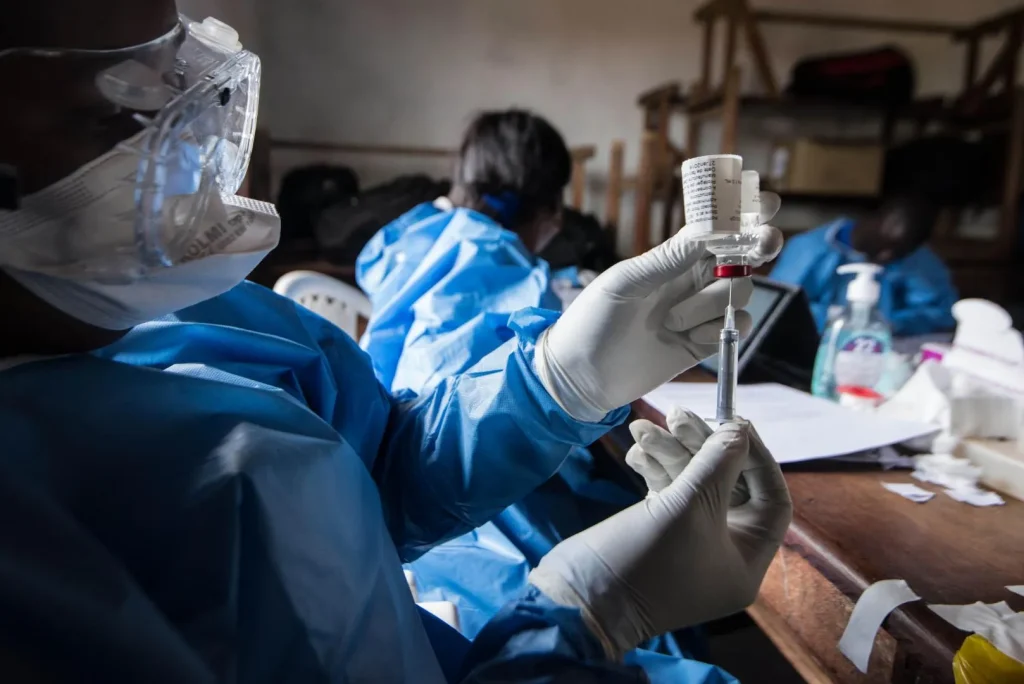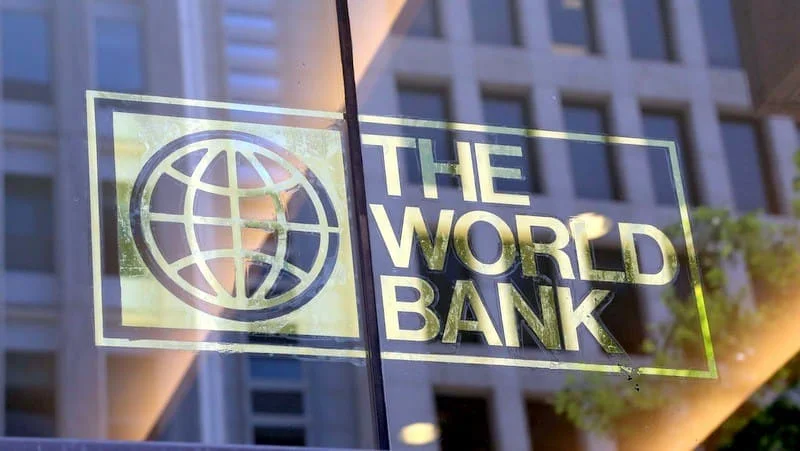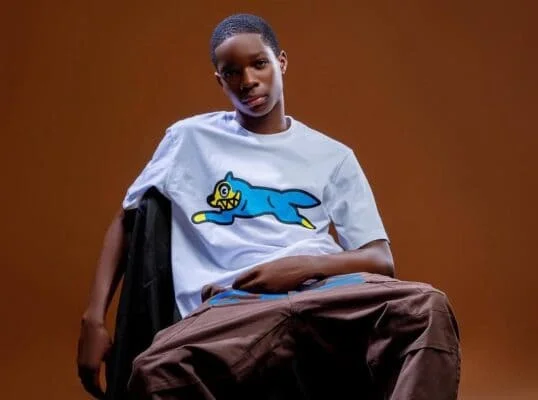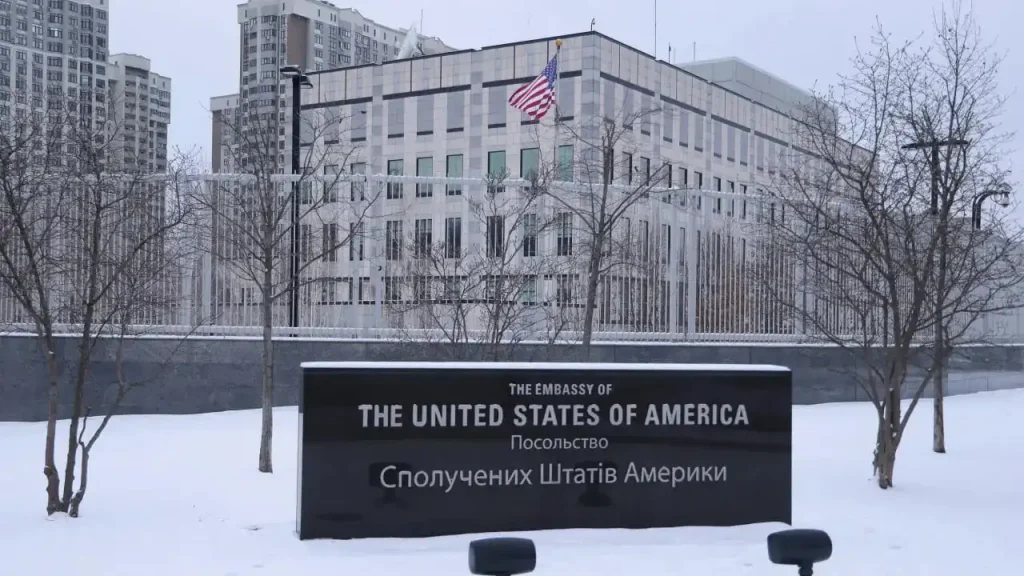Africa is intensifying its COVID-19 vaccine procurement to catch up in the global inoculation race. The African Union (AU) secured 400 million doses for its members on January 28, 2021, adding to 270 million doses announced earlier, totaling 670 million. The WHO-backed Covax facility aims to deliver 600 million vaccines by year-end. Only a few countries, like Seychelles and Mauritius, have begun vaccinations.
Wealthier nations’ bulk-buying has limited supply, leaving African countries reliant on AU and Covax for doses and rollout funding. Some nations, like Algeria and Senegal, are also negotiating directly with suppliers for Sputnik-V and Sinopharm vaccines, while South Africa expects 1.5 million Oxford/AstraZeneca doses by February 1, 2021.
Challenges in Meeting Vaccine Needs
Africa needs 1.5 billion vaccines to immunize 60% of its 1.3 billion people for potential herd immunity. However, Covax and AU efforts will likely cover only 30-35% of the population by December 2021, per WHO’s Richard Mihigo. Deliveries are slow, with just 50 million AU doses expected between April and June. Most will be Oxford/AstraZeneca, with some Pfizer-BioNTech shots.
Mihigo predicts vaccinations will start in most countries by March, with Covax deliveries before mid-February. South Africa, the hardest-hit nation, also secured nine million Johnson & Johnson doses, pending approval. The slow pace raises concerns as Africa battles a deadlier second wave.
Second Wave and New Variants Surge
Africa faces a worsening pandemic, with 3.5 million cases and 88,000 deaths reported by January 2021. Over the past four weeks, infections rose by 50%, and deaths doubled, driven by northern and southern Africa. The 501Y.V2 variant, first identified in South Africa, is fueling record cases and has spread to six African countries and 24 globally. WHO’s Matshidiso Moeti warned it’s likely circulating widely, raising alarm.
Another variant from Britain appeared in The Gambia and Senegal. The WHO is bolstering genomic surveillance to track variants, urging governments to increase testing and enforce social distancing to curb the “perfect storm” of rising cases and fatigue.
Vaccine Nationalism Sparks Criticism
South African President Cyril Ramaphosa, at the 2021 World Economic Forum, condemned “vaccine nationalism,” accusing rich nations of hoarding doses. This practice limits supply for poorer countries, forcing Africa to rely on pooled procurement like Covax and AU initiatives.
The WHO estimates Covax will deliver 600 million doses, but this falls short of Africa’s needs. Ramaphosa’s call for equitable access resonates as Africa seeks to vaccinate its population amidst supply constraints and rising infections.
Future Outlook for Africa’s Vaccination Drive
Africa’s vaccine rollout faces hurdles but is gaining momentum. With AU and Covax securing over 1.2 billion doses combined, deliveries are expected to accelerate. However, logistical challenges, limited funding, and new variants like 501Y.V2 threaten progress. Moeti urged sustained public health measures to counter fatigue and variants.
Enhanced genomic surveillance and testing are critical to managing outbreaks. As countries like South Africa and Algeria secure direct deals, Africa’s push for self-reliance grows. The continent’s ability to scale up vaccinations by mid-2021 will be crucial to curbing the second wave and ensuring health security.






